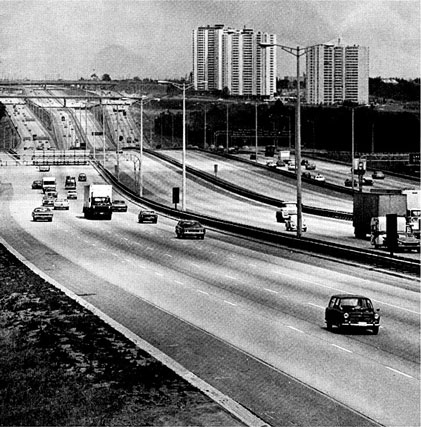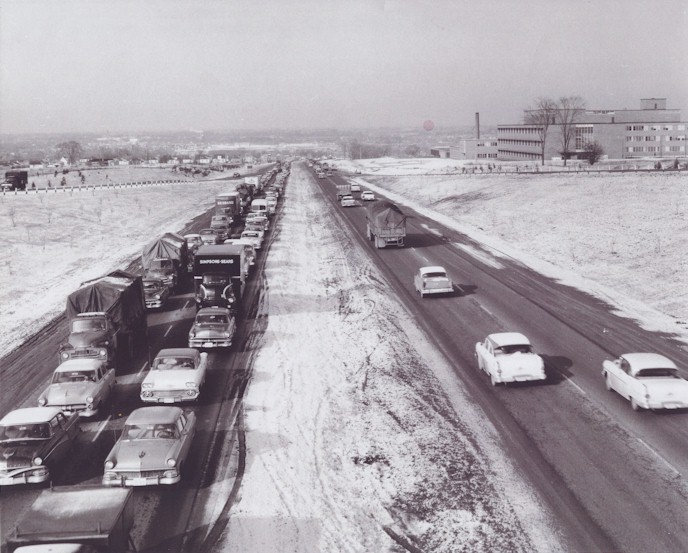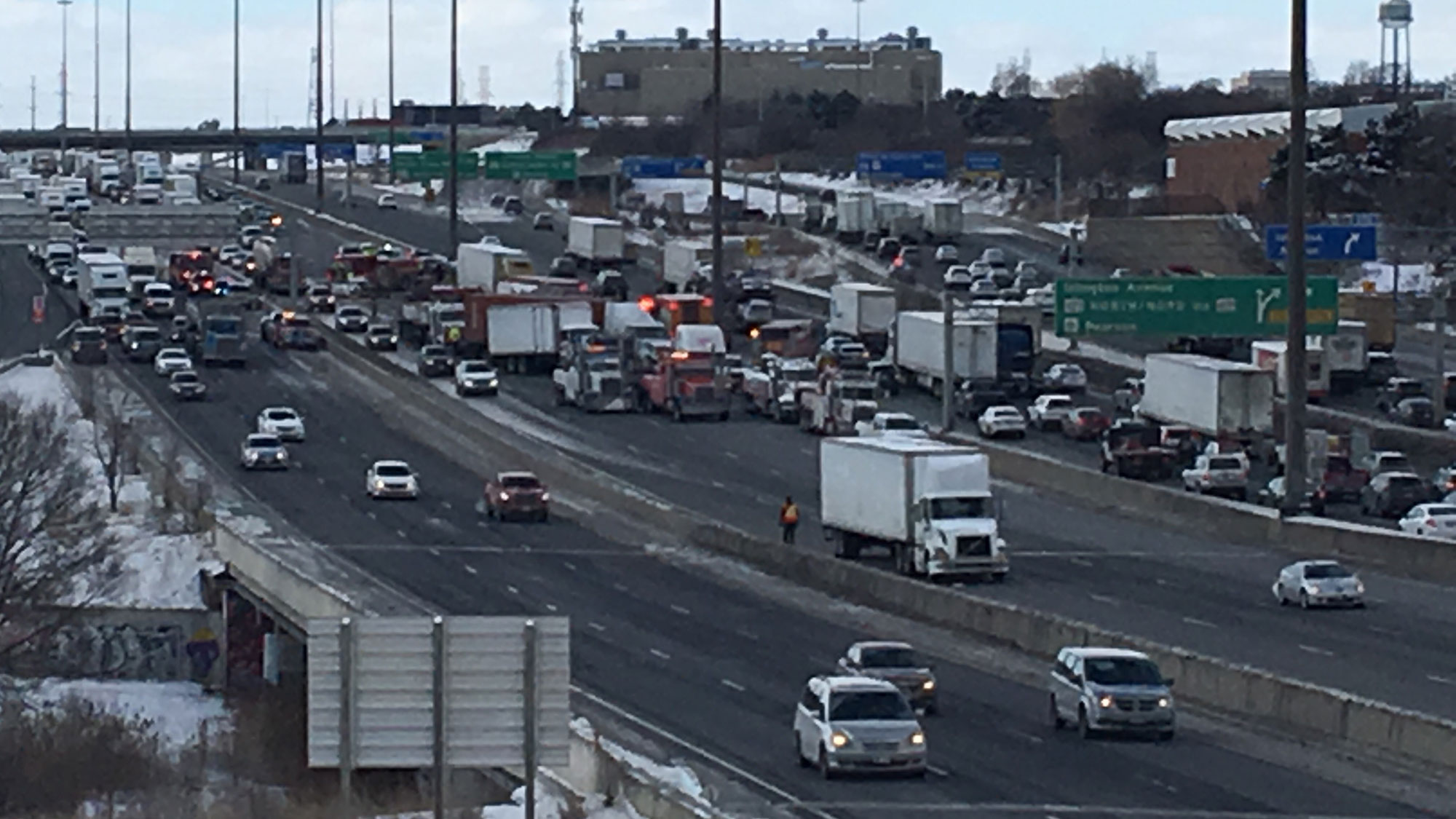Originally Posted By: grampi
Originally Posted By: MNgopher
Originally Posted By: grampi
That's because the idiots in charge (whomever they may be) over the years have actually decreased our country's railroad capacities instead of expanded them like they need to be...
You do know the reason railroads decreased in size, right? Trucks offered faster, more flexible, and cheaper transport of goods and services, resulting in much less freight going via railroad. That's where they shed lines that weren't profitable, and quite honestly could barely maintain what they had. They are still in that box - raise rates high enough to allow for more investment in infrastructure, and lose traffic to more trucks. It isn't just some idiot going we should be smaller - flat out they had to survive to get to where they are today. It is amazing that nobody remembers how bad things had gotten for the railroads...
How can it be cheaper to ship by truck when you can ship the cargo of 100 trucks on one train?
If the 100 trucks are going to 20 different locations, none of which are near a rail depot trucking can likely be cheaper.
Originally Posted By: MNgopher
Originally Posted By: grampi
That's because the idiots in charge (whomever they may be) over the years have actually decreased our country's railroad capacities instead of expanded them like they need to be...
You do know the reason railroads decreased in size, right? Trucks offered faster, more flexible, and cheaper transport of goods and services, resulting in much less freight going via railroad. That's where they shed lines that weren't profitable, and quite honestly could barely maintain what they had. They are still in that box - raise rates high enough to allow for more investment in infrastructure, and lose traffic to more trucks. It isn't just some idiot going we should be smaller - flat out they had to survive to get to where they are today. It is amazing that nobody remembers how bad things had gotten for the railroads...
How can it be cheaper to ship by truck when you can ship the cargo of 100 trucks on one train?
If the 100 trucks are going to 20 different locations, none of which are near a rail depot trucking can likely be cheaper.





